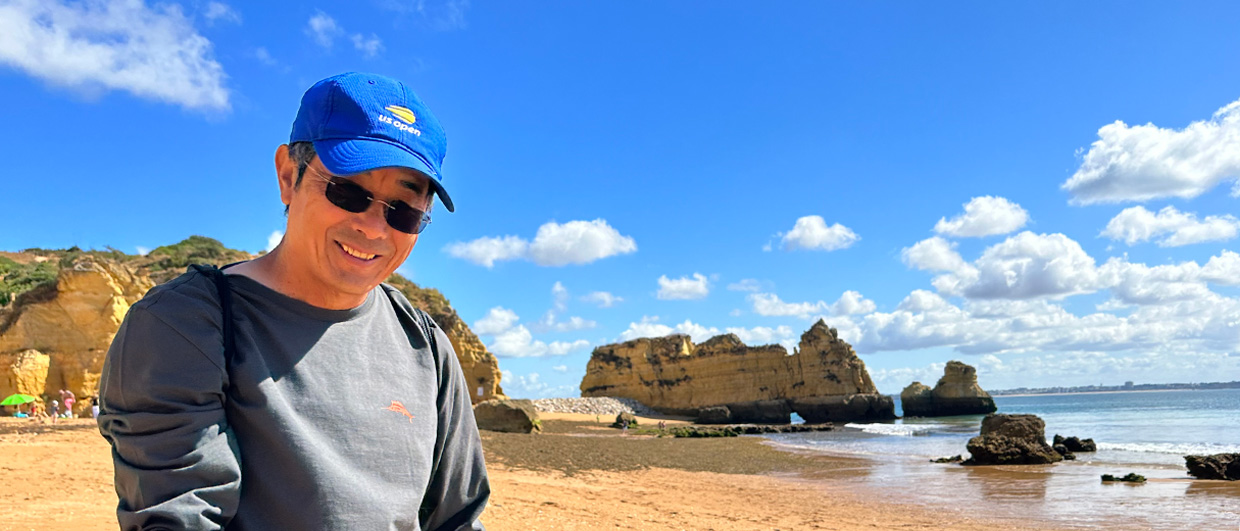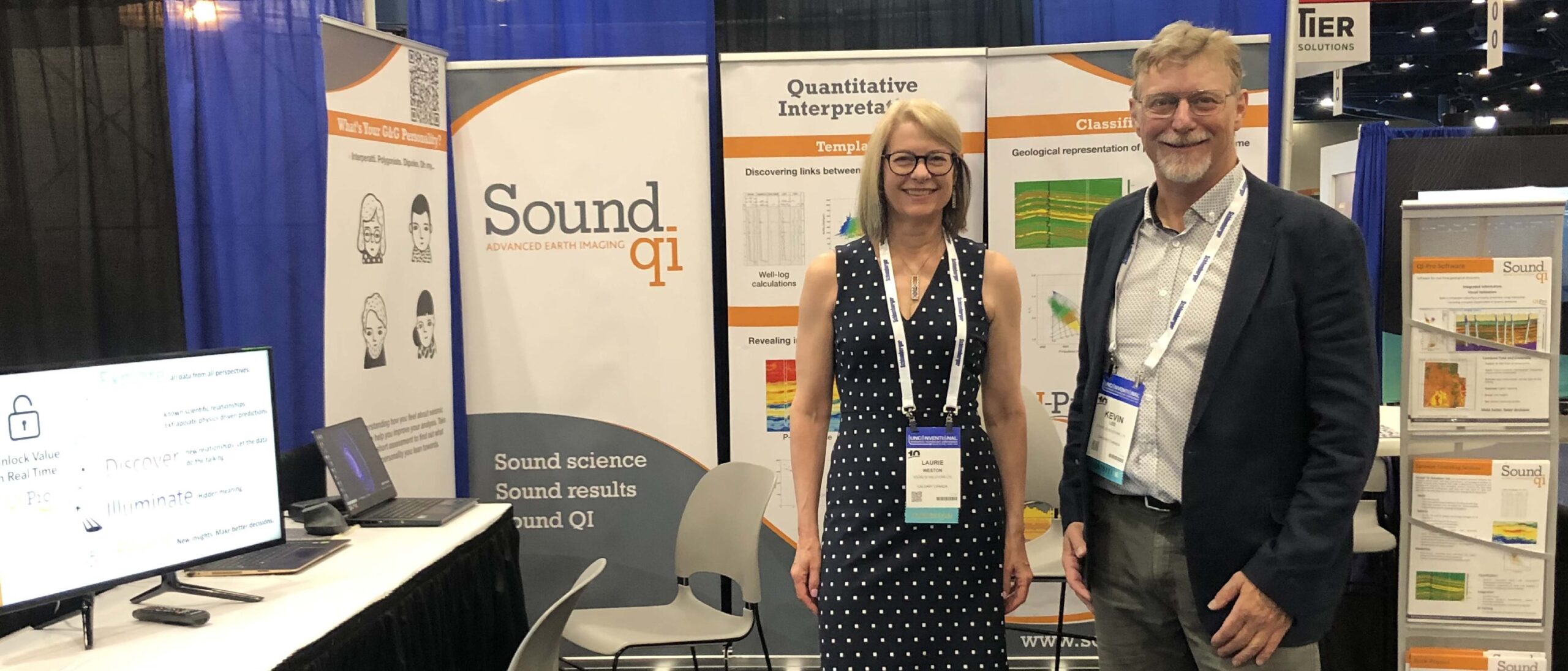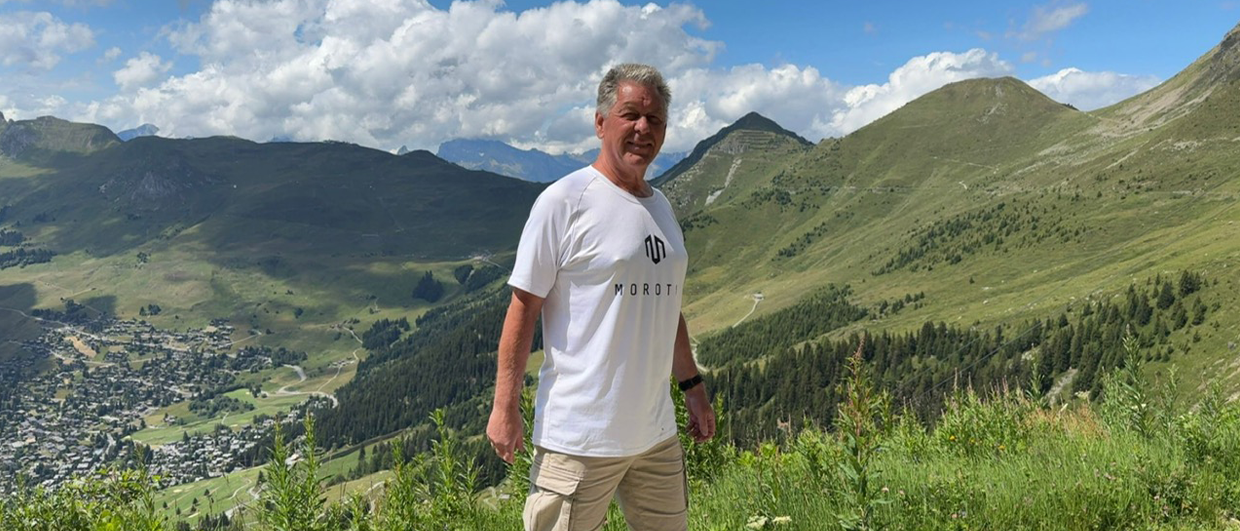Jatinder Peters (Jati to her friends) is General Manager – Human Resources for Indian National Oil Company ONGC. Her career path has taken her from Drilling Fluid engineering to personnel – an unusual route, but one which has brought her personal success and allowed her to develop her enthusiasm for ongoing HR interventions at all levels in the company. In the process, she has successfully challenged senior executives’ opinions about women employees.
Jati had always been determined – but when she told her parents that she was going to try for one of the fast track graduate trainee posts offered by ONGC, they thought that even she was aiming very high. “After all,” she explains, “this was in 1976. India was (and still is in many ways) a conservative society, and there were very few woman in senior science positions in any company. But I always was a rebel, so I applied anyway.”
Thorough training
She was accepted, and was, in fact, in two minds whether to turn her back on a promising academic career, as she was working on a Ph.D in Life Sciences with specialisation in neurosciences, having already obtained a Masters degree in Chemistry and an M.Phil in Life Sciences. But the challenge of the oil industry proved irresistible, and she soon embarked on a year of intensive training, one of only four women among 100 new recruits. This decision would lead her to a lifetime career with ONGC, in which she has risen to one of the highest levels in the company.
“Our training was very thorough,” Jati explains. “We spent four months in the classroom, intensively studying all the disciplines involved in the business, from geography and geology, to basic logging and drilling techniques, not forgetting the financial side. We then gained experience in the field in a number of different locations. This training has proved very important, as it means we can understand and talk about any aspect of the business. It was also great fun; we were a bright and enthusiastic group, and there was a lot of talk and churning out of ideas. In fact, the majority of us have stayed in ONGC and have risen to senior positions – including my husband, who was also one of these trainees.”
Drilling fluids to fashion shows
 Jatinder Peters addressing the Forum on the “The Great Crew Change”, discussing demographic and workforce changes in the oil industry, at AAPG International conference in Cape Town in 2008 Photo: Jane WhaleyJati’s first post was an R&D position, developing an oil field cement additive which would enable ONGC to stop importing expensive component products. “This was an unusual field for a woman to be in, but I was successful, so much so that I was able to obtain a patent for the company. I then asked for a posting to Assam in the Eastern region of India – quite a difficult place at the time, with a lot of political problems – where I was in charge of the chemistry labs which provided operational support. I also started the computerisation of data, a revolutionary move at the time, which I was able to report in a paper in a reputed journal.”
Jatinder Peters addressing the Forum on the “The Great Crew Change”, discussing demographic and workforce changes in the oil industry, at AAPG International conference in Cape Town in 2008 Photo: Jane WhaleyJati’s first post was an R&D position, developing an oil field cement additive which would enable ONGC to stop importing expensive component products. “This was an unusual field for a woman to be in, but I was successful, so much so that I was able to obtain a patent for the company. I then asked for a posting to Assam in the Eastern region of India – quite a difficult place at the time, with a lot of political problems – where I was in charge of the chemistry labs which provided operational support. I also started the computerisation of data, a revolutionary move at the time, which I was able to report in a paper in a reputed journal.”
By now Jati looked set for a career working with drilling fluids, as her next post was in ONGC headquarters in DehraDun, 230km north of New Dehli, where for 3 years she worked on methods of limiting drilling costs by analysing data on cost and consumption of drilling fluid chemicals all over ONGC. In addition, as Head of Testing Lab, Jati was also responsible for providing support to the specification, generation and procurement of chemicals, worth millions for ONGC operations.
But then she was given an unusual assignment for a drilling fluid engineer, as she explains. “ONGC is the highest profit-making company in India, and it donates nearly 1% of its profits to social projects. One of these, a training unit for women, was in trouble – badly run, disorganised and not achieving any of its objectives. I was asked to go and sort it out. With the help of my staff we solved the organisational problems, got the training courses accredited from appropriate authorities and started some new ventures, like a fashion show to demonstrate the clothes and textile designing skills of the trainees. It was hard work, but I turned the unit around in just 6 months, and stayed on for nearly seven years to consolidate the gains which have made ONGC Women’s Polytechnic such a success in Northern India. Seeing its success, ONGC set up several similar centres throughout the country.”
Allowing women to realise ambitions
ONGC were so impressed by this turnaround that they transferred Jati out of drilling fluid engineering R&D and into the personnel department.
“At first I wasn’t very keen, but when I thought about it, I realised that this shift would be interesting, and that not only would I be able to achieve my ambitions through the human resources department, but I could also affect company decisions which would allow other women to realise theirs.”
Following up this notion, Jati has championed the goal of women taking on serious roles in the company. “Among other things, I was Chairperson of the Women’s Development Forum, which specialises in confidence building and mentoring women, encouraging them to develop their careers,” she explains.
Jati feels that her efforts for woman in the industry have slowly begun to be rewarded, and things are getting slightly easier for them. “However, women still only make up 5% of the workforce in ONGC. Girls in the industry are skilled and dedicated, but, in my opinion, too many are prepared to take the ‘soft’ choices, opting for routine office jobs instead for tough assignments, and I’d like to see that change. However, they need to project a ‘no nonsense’ image and not expect any favours!
Training and industrial relations
Within the personnel sphere Jati has enjoyed a number of other successes, many in the training and development field, which is an area which she feels is immensely important. “For example, as Head of Graduate Training I made sure that all my female human resources trainees spent some time on rigs, as without that, how could they understand the personnel problems associated with offshore work,” she says. After moulding the minds of young entrants to ONGC for several years, she was appointed Managing Director of a joint venture between ONGC and the downstream India Oil Company, which specialised in the training of people from all over the Middle East, Africa and South East Asia. “We were able to offer specialist training in oil industry skills to nationals from countries with thriving oil industries but which had become too dependent on skilled foreign workers.”
Jati was also the Convenor for Petrotech 2005, an International Oil and Gas Conference organised every two years under the aegis of the Petroleum Ministry of the Government of India. The conference was hugely successful, that year breaking all records in number of delegates, exhibitors and revenue collection.
“I also spent some time based in Bombay in charge of Industrial Relations,” Jati continues. “Over two thirds of ONGC’s production comes from this offshore area, so it is important to have the human resources side working well, but when I arrived I found major issues with a secondary workforce which was in litigation with company. We ended up offering goodwill packages to encourage excess staff to leave.”
“At ONGC we have a 35,000 strong workforce and a tradition of ‘jobs for life’ with good staff retention – even if someone leaves, they often return. Money isn’t the main draw – there is a strong feeling that ONGC will care for you and your family, with lots of support in areas like healthcare, further training and children’s education. The transfer system, with people moving around from post to post every few years, also offers the chance to find challenging and interesting assignments.”
“Send for Jati”
This transfer policy meant Jati and her husband had a few interesting ‘long distance relationship’ years, although where possible ONGC tried to give them postings in the same area. “It took a while to sort things out – we were the first married couple of graduate trainees employed by the company – as I often say, ONGC not only gave me my bread and butter but also my husband!”
Jati feels very happy with her career and her life choices. She is currently Head of Corporate Administration for ONGC, where once again her interest in sustaining career development for everybody has resulted in the introduction of new training programmes for all levels of staff. Following her own guidelines, in ?? she completed a Masters degree in Business Administration to be in sync with her work in personnel. She is currently pursuing her Doctoral program, where her thesis topic is the very topical ‘Evolving Retention Strategies for ONGC’ (see page xxx “The Great Crew Change”).
Does she ever think fondly of that abandoned career as a neuroscientist? “Not at all,” she laughs. “I have had a very rewarding and fulfilling career in the oil industry. It has been challenging at times, particularly in areas which had never experienced a women in authority. Occasionally I have come across some resentment, with men thinking that I have taken what they consider is a ‘man’s job’. I have worked very hard and had to prove myself over and over again, but it’s always been enjoyable.”
One suspects that ONGC still has a number of interesting challenges in store for Jati Peters, and whenever a particularly demanding job arises, the cry will go up once more: “Send for Jati!”




